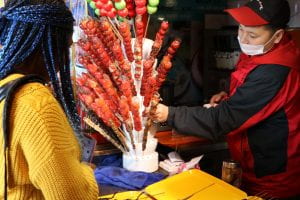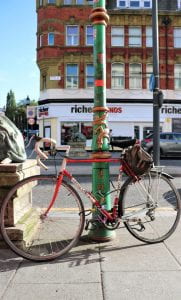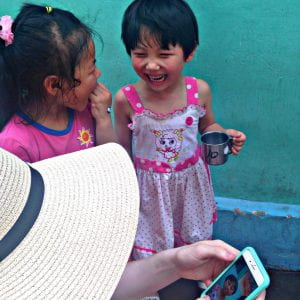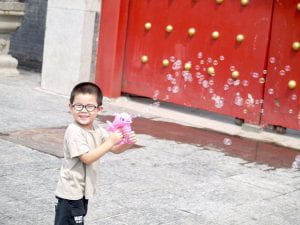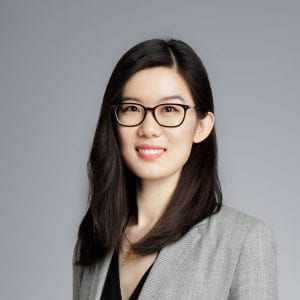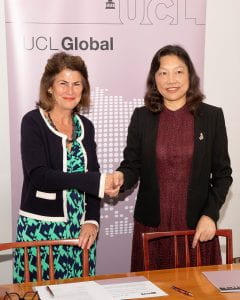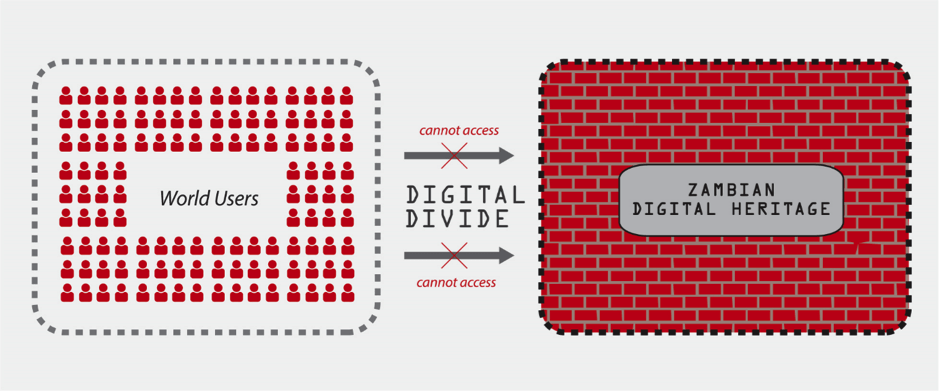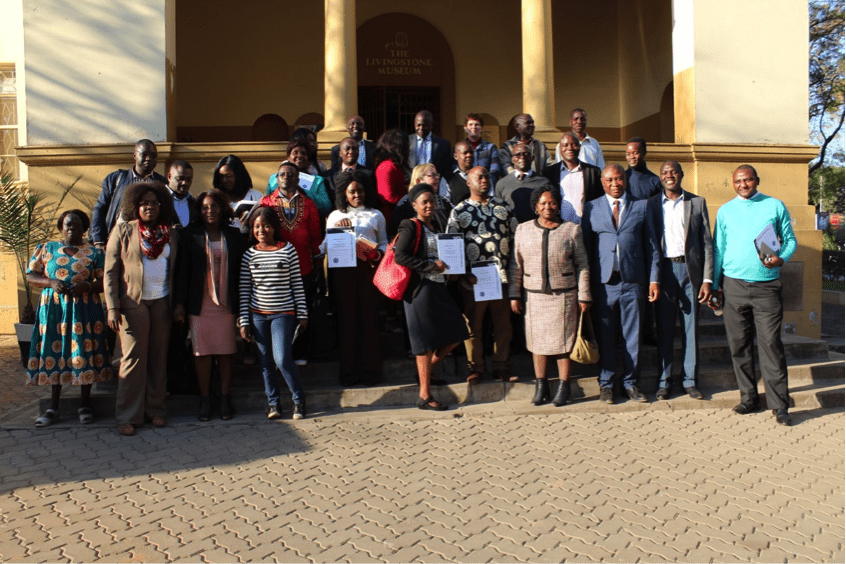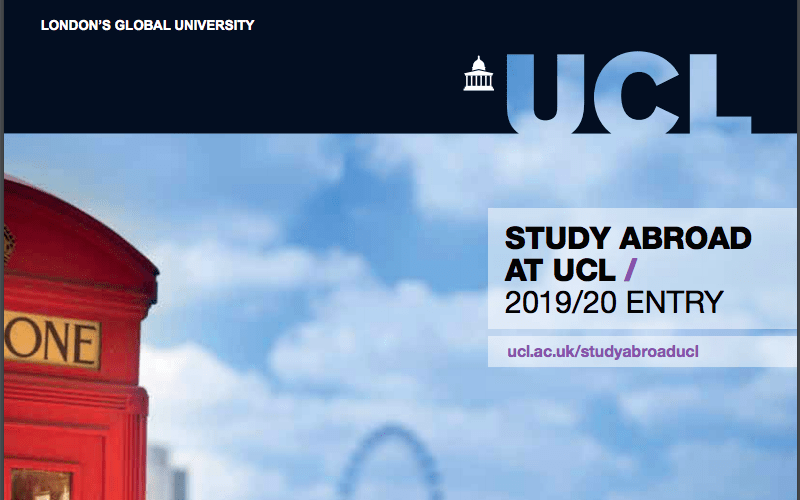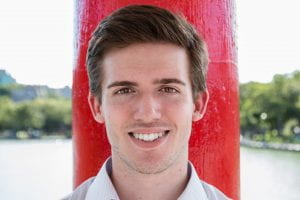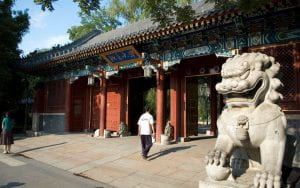On 7 November 2019, the event ‘UCL in the Arab World: Collaboration, Experiences and Opportunities’ was held in UCL’s Bentham House, for a full day of presentations and reflections on what it means to work in the MENA and the possibilities and challenges for existing and future collaborations.
UCL and partner experts got together for this event to explore three main themes: “Research, Innovation and Impact”, “Collaboration, Partnership and Delivery”, and “Trends and Opportunities”. Find out more about the sessions and the delegates’ experiences below.
Emerging Trends, Themes and Opportunities
Session 1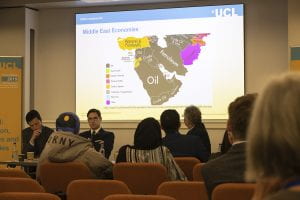
Prof Nora Colton (Pro-Vice-Provost, Postgraduate Education, UCL) chaired a session exploring some of the opportunities in the region that exist against a challenging background. Michael Stephens (Research Fellow for Middle East Studies, RUSI), Dr Neil Quilliam (Associate Fellow, Middle East and North Africa Programme, Chatham House), Dr Sam Evans (Director, Global Engagement Office and UCL Qatar) and John Shaw (Associate Partner, Cushman and Wakefield) took part in the panel discussion.
Critical thinking can be a challenge in teaching in several countries in the MENA region – there has been a government push back on free access to information following the Arab Spring. On the other hand, collaborations in the area can lead to students developing an interest in undertaking education in foreign universities, in particular in Europe, especially in places with some vicinity to their home countries, or for delivery in-county, with a particular interest from women.
Social, political and ethical aspects of working with certain countries should be brought into the thinking about why we want to establish a partnership for transnational education projects. Making the relationship strong and fruitful will take a long commitment, possibly decades, and it will be necessary to be clear with the client about the red lines that we will not cross and the objectives and the method of collaboration.
Collaboration, Partnership and Delivery: A Recipe for Success
Session 2 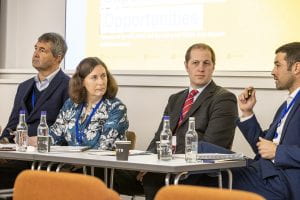
“Useful information and practical tips from colleagues who have wide experience in the region.”
The session was chaired by Prof Sara Mole (Professor of Molecular Cell Biology, Group Leader, Laboratory for Molecular Cell Biology, UCL) and explored some of the practical considerations on working in the region and establishing successful overseas collaborations. Hannah Balogun (Director of Human Resources, UCL Qatar), Kevin Coutinho (Athena SWAN Manager, Equality Diversity and Inclusion Team, UCL), Jonathan Dale (Director of International Leadership Development, Institute of Education), Alex Hall (Legal Counsel, UCL), Richard Homer (Head of Global Mobility, UCL), Jack Lightle (Acting Head of Student & Academic Services, UCL Qatar), John-George Nicholson (Business Manager, MSEC) were part of the panel discussion.
The need to conduct a thorough due diligence process before establishing any partnership was discussed at length, as well as the need to involve all key stakeholders and identify contacts who will facilitate operations and who are the right signatory for agreements. Stakeholder management is a key activity to take care of, since much of the success of these overseas projects is based on developing mutual trust in the relationship, a real interest from the stakeholder and a genuine interest from the provider.
Values and ethics were brought into the conversation: if we want to establish a fruitful dialogue it is necessary to distance ourselves from our own concept of values and ethics and look at it from the destination countries’ point of view. It is necessary to take into consideration what choices people need to make, and be aware of both cultures’ sensitivities. In the words of Kevin Coutinho, “in order for dialogue and successful relationships, we need to understand the perspectives that people come to us with, and we have to challenge ourselves to listen.”
Research, Innovation and Impact: Exploring UCL’s Regional Contribution
Session 3 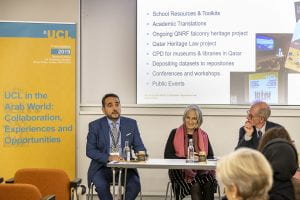
“Excellent case studies… great opportunity to network. Valuable information and insights into societal change in Qatar.”
Dr Ian Scott (Director, Grand Challenges and Cross-Disciplinary Development, UCL) moderated session three, which provided an insight into some of the research projects UCL is delivering and their impact within the region. Prof Murray Fraser (Professor of Architecture and Global Culture, Bartlett), Prof George Grimble (Principle Teaching Fellow, UCL Division of Medicine), Prof Dina D’Ayala (Professor of Structural Engineering, Department of Civil, Environmental and Geomatic Engineering), Dr Georgios Papaioannou (Associate Professor, Museum Studies, UCL Qatar) presented some of their projects.
How do we ensure impact and sustain this when the research itself is completed? Depositories of datasets and ground-breaking collaborative projects with local organisations play a big part in ensuring there is ongoing impact locally; for example the UCL Qatar – Qatar Museums, Cultural Heritage Law Project will create a law in Cultural Heritage for Qatar to facilitate protection and promotion of the local cultural heritage for the years to come. The continuation of collaborative professional education programmes and research projects will also leave a lasting footprint behind.
Dr Grimble provided a case study demonstrating the impact, over a number of years, of graduates from UCL’s Masters in Nutrition programme and the lasting impact of this in the region and elsewhere.
UCL alumni in the region and elsewhere are a living legacy of UCL’s teaching and research initiatives.
It was suggested that establishing UCL centres of innovation in the region would be a good initiative for capacity development. This could be achieved with well-organised and well-taught distance learning activities, as well as by establishing research clusters.
Realising Our Global Opportunities: Case Studies with International Application
Session 4 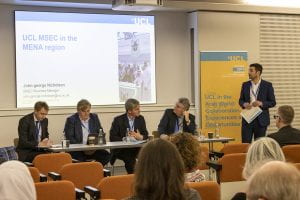
“[The event] challenged UCL thinking and considered what we could learn.”
Roger de Montford (Managing Director, UCL Consultants) chaired the last session, which drew on the outcomes from the day and explored emerging global opportunities and the approach to these, with the presentation of case studies from MENA with international application. Dr Sam Evans, John-George Nicholson, Prof Norbert Pachler (Pro-Director: Teaching, Quality and Learning Innovation, UCL Institute of Education) and John Richards (Associate Partner, Cushman & Wakefield) presented their case studies.
Traditionally, international enterprise activities fall within the academics’ remit. The case studies presented showed that this can be challenging and demonstrated the importance of having a dedicated person to progress business development and enterprise activities – a person who needs to have the skills to identify a market and opportunities, deal with all the aspects of its development and establish proper relationships with local stakeholders.
Sam Evans and Norbert Pachler introduced a pilot project and the results from recent market research which showed that there is appetite across the region for establishing educational partnerships in several disciplines, Medicine, Engineering and Cultural Heritage in particular. However, it was not easy to understand how to tap into this, and whether there was an existing pool of students and research opportunities or if this needed to be created. UCL’s existing relationships in the region were also not clear which suggested the need for a thorough audit of existing UCL ventures there, in order to examine the relationship between them and possibly build on both existing skills and the strategic needs.
The day offered many angles on the different questions analysed and a rich pool of considerations, creating the basis for a continued dialogue in an area of mutual interest among the different parties involved in the event.
You can find snippets of the event on UCL Qatar’s twitter feed here
You can download the full event programme here
 Close
Close



